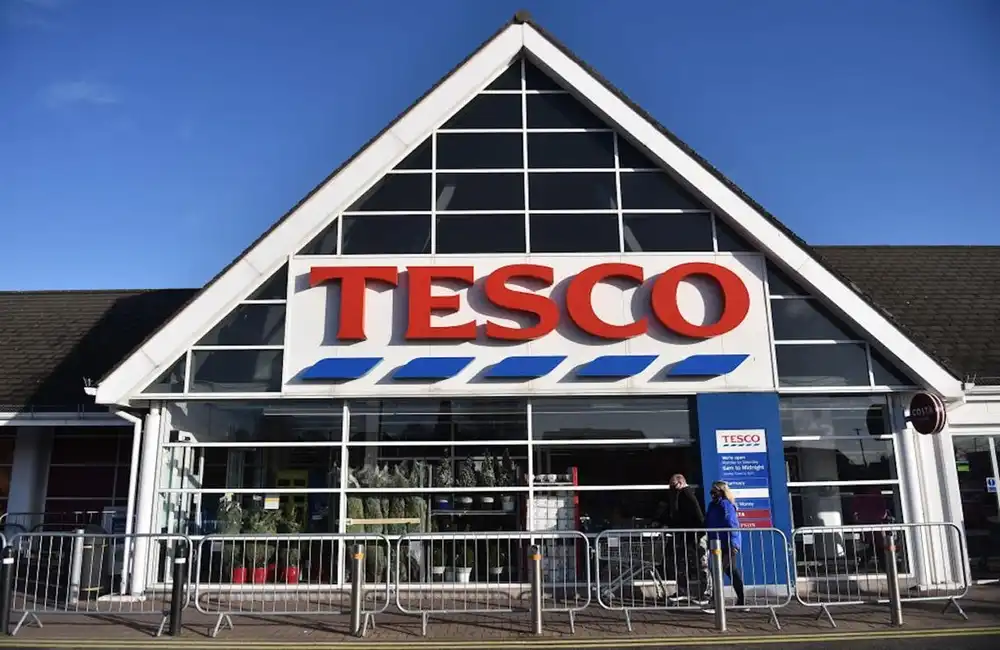
Strategic Metals ETFs Performance Review 2025
- GLOBAL & FOREIGN
- 09:00, May 20

How UK Clean Tech Policies Are Reshaping Investor Portfolios and Commodity Allocations
- GLOBAL & FOREIGN
- 19:00, May 19

Top 5 ASX Mining Stocks to Watch in Q2 2025
- GLOBAL & FOREIGN
- 18:00, May 19

Strategic Metals and the Role of UK Defence Policies in Shaping Demand
- COMMODITIES
- 17:00, May 19

How Junior Gold Miners are Reacting to the Federal Reserve’s Rate Pause
- COMMODITIES
- 13:00, May 19
Tesco Q1 Sales Analysis for UK Investors
- Stocks & Equities
- 15:00, May 08 2025
- By Mr. Oliver Kensington

Latest from Mr. Oliver Kensington

India’s 2025 Mining Reforms and Investment Opportunities
- Commodities
- 12:00, May 19

The Role of AI in Driving Copper Demand in Europe
- Commodities
- 10:00, May 19

Analysis of the UK's Rare Earth Elements Supply Chain for the Defence and Technology Sectors
- Commodities
- 14:00, May 18

Exploring UK Mining Strategies for Waste Reduction and Resource Efficiency
- IPOs & Markets
- 13:00, May 18

How Technology is Enhancing the UK's Mining Sector Competitiveness
- Opinion
- 10:00, May 18

Sustainability in UK Mining Tech Innovations
- Precious Metals
- 08:00, May 18
Breaking News
Authors

Dr. Charles Whitmore
CHIEF EDITOR & CEO

Ms. Evelyn Spencer
SENIOR FINANCIAL CORRESPONDENT

Mr. Oliver Kensington
COMMODITIES SPECIALIST

Mrs. Fiona Harrington
WEALTH MANAGEMENT SPECIALIST
Most Viewed
Categories
Tags
About Advisor's Gateway
Since 2010, Advisor’s Gateway has been a trusted source of financial insight for professionals across the UK’s investment landscape. We specialise in delivering timely, accurate, and relevant news, regulatory updates, and thought leadership to financial advisors, wealth managers, stockbrokers, and institutional investors.
Advisor's Gateway
Coventry Technology Park,
Puma Way,
Coventry,
CV1 2TT.
Latest News
-

-

-

-

Top 5 ASX Mining Stocks to Watch in Q2 2025
- GLOBAL & FOREIGN
- 18:00, May 19
-

Important Information
The content published on Advisor's Gateway is intended for informational purposes only and does not constitute financial, investment, legal, or tax advice.
While we strive for accuracy and timeliness, Advisor's Gateway makes no guarantees regarding the completeness or reliability of any information presented.
Always seek professional advice before making investment decisions. Advisor's Gateway is not regulated by the Financial Conduct Authority (FCA).






